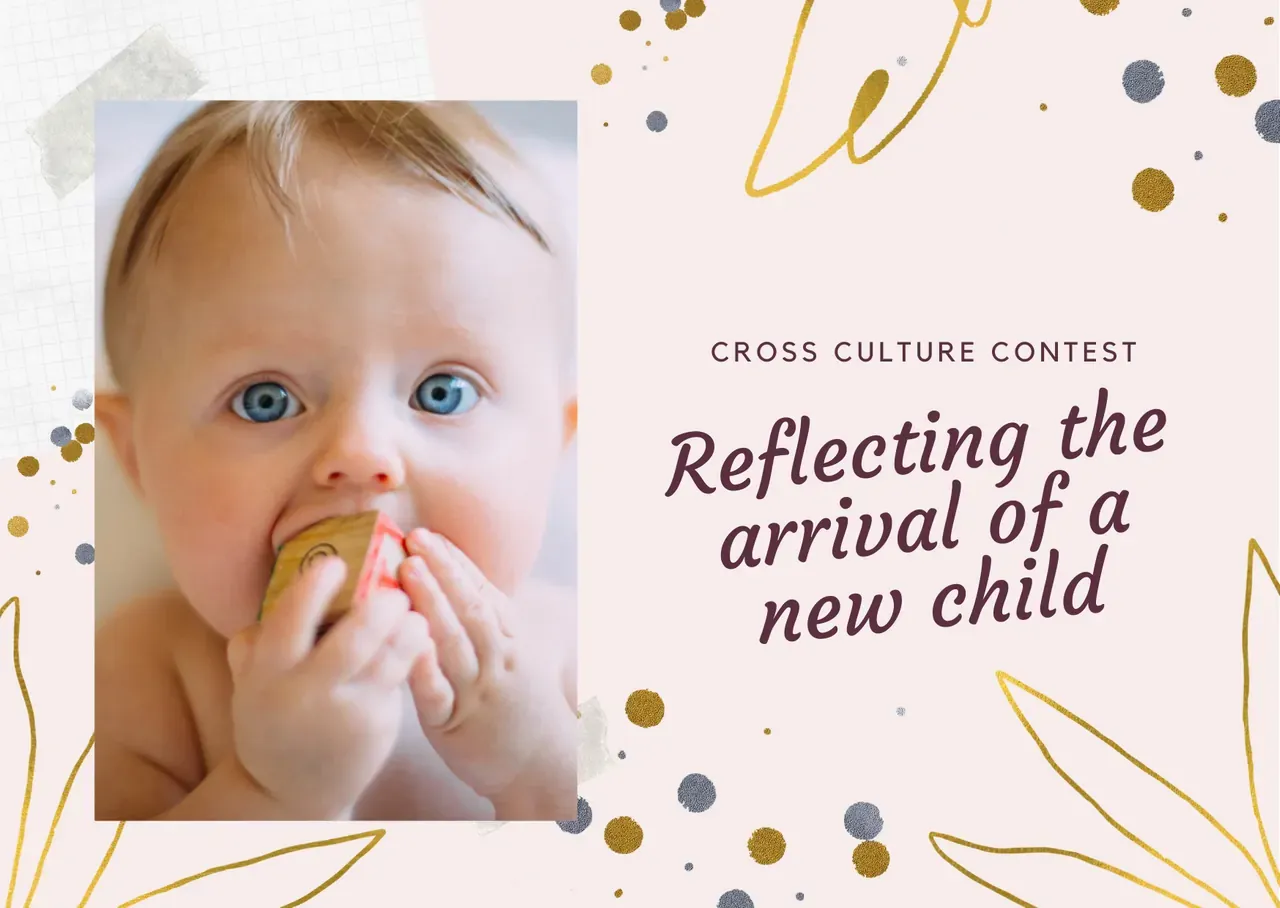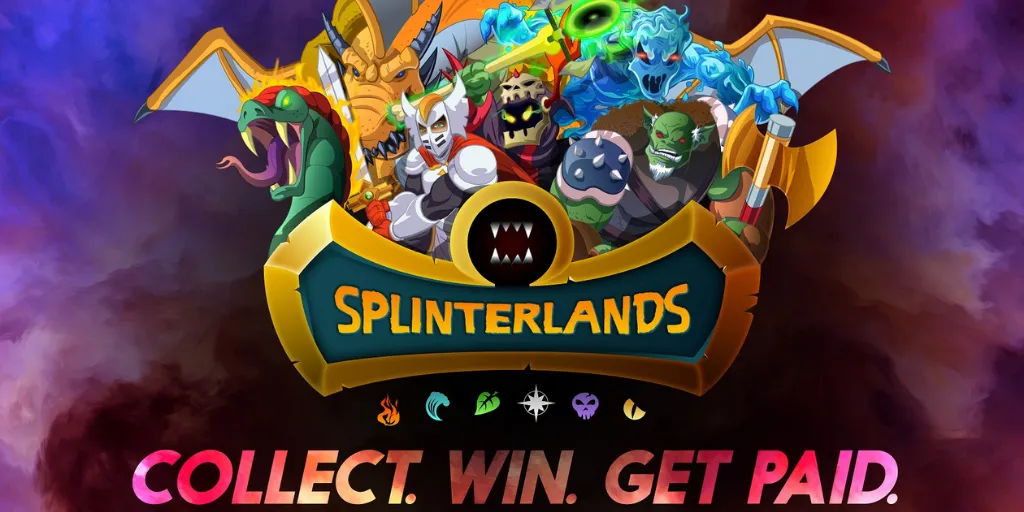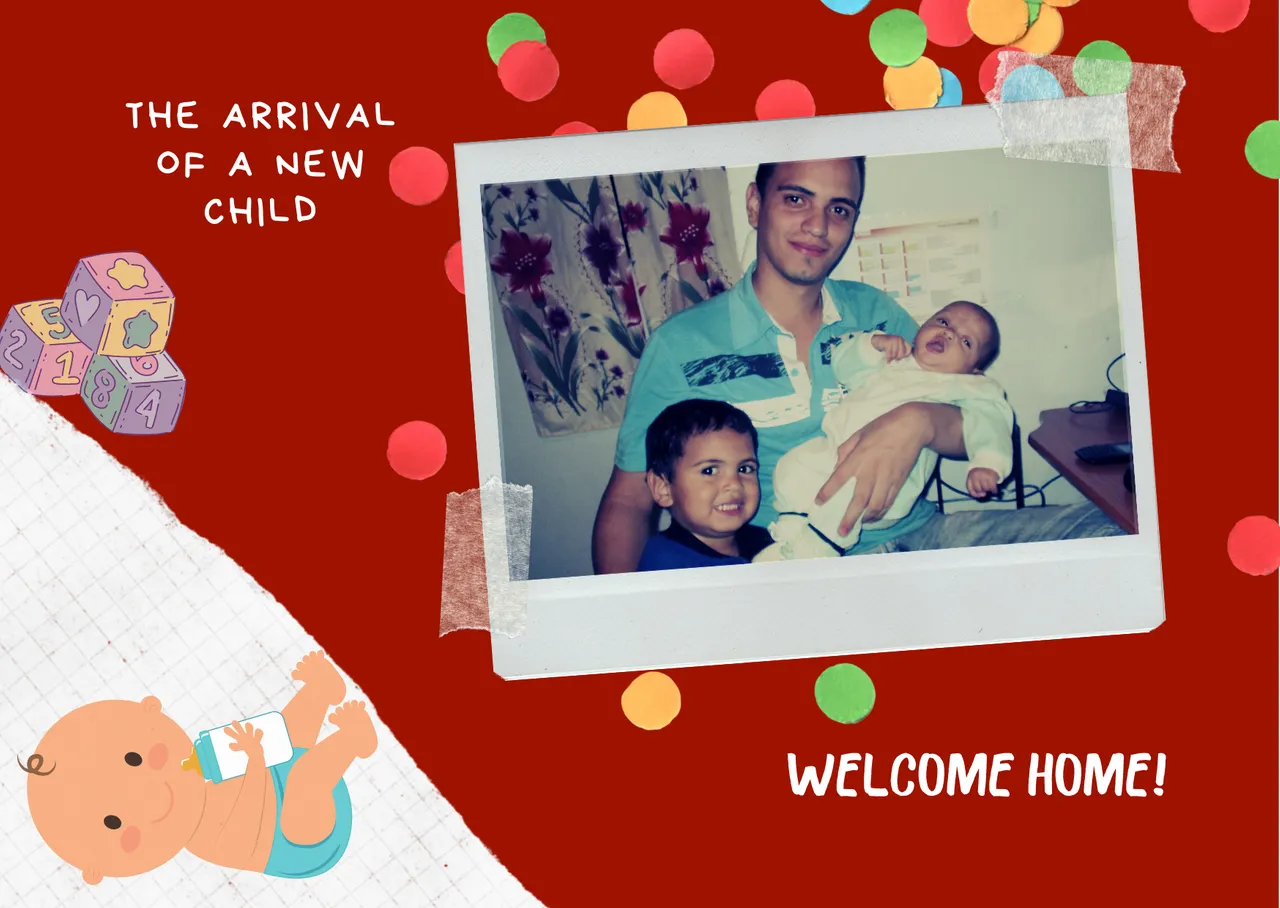


Greetings friends of Hive, I begin this publication with the phrase "Every child is born with an arepa under the arm ", although originally it is "Every child is born with a piece of bread under the arm ".
In my country (Venezuela) this is our main dish at breakfast and dinner (by the way before starting this writing I ate two made from tostiarepa). Taking advantage of the fact that this past September eleventh was celebrated the world day of the arepa (this is celebrated every second Saturday of September).
The arrival of a child to the family will always be a blessing regardless of the circumstances, in my country we have adopted traditions from many other cultures, but today I will talk a little about what distinguishes us after the birth of a baby.

Saludos amigos de Hive, comienzo esta publicación con la frase “Cada niño nace con una arepa bajo el brazo”, aunque originalmente es “Cada niño nace con un pan bajo el brazo”.
En mi país (Venezuela) este es nuestro plato principal en los desayunos y las cenas (por cierto antes de comenzar este escrito me comí dos hechas del tostiarepa). Aprovechando que este pasado once de septiembre se celebró el día mundial de la arepa (esta se celebra realmente cada segundo sábado del mes septiembre).
La llegada de un niño a la familia siempre será una bendición sin importar las circunstancias, en mi país se han adoptado tradiciones de muchas otras culturas, pero hoy les hablaré un poco de eso que nos distingue tras el nacimiento de un bebé.

So, before I continue, I would like to tell you a little about the contest rules, and also to extend the invitation to all those who read me.
The [Hive Cross Culture] community (/created/hive-181017) invites us to participate in this contest where we must talk about the arrival of a new child into the world, focusing on our culture and traditions.
Reflect on how the arrival of a child is celebrated and also how newborns are chosen and named. There are many prizes that include Hive Power and HBI delegations to the winners, know the exact rules of this contest; I invite you to visit the publication CROSSCULTURE CONTEST: REFLECTING THE ARRIVAL OF A NEW CHILD || 4000 HP DELEGATION PRIZE.
Pero antes de continuar quisiera hablarles un poco sobre las bases del concurso, y del mismo modo extender la invitación a todos los que me lean.
La comunidad Hive Cross Culture nos invita a participar en este concurso donde debemos hablar sobre la llegada de un nuevo niño al mundo, enfocados en nuestra cultura y tradiciones.
Reflejar cómo se celebra la llegada de un niño y también como se elige y da nombre a los recién nacidos. Hay una serie de premios que incluyen delegaciones de Hive Power y HBI a los ganadores, para conocer las bases de este concurso con exactitud; los invito a visitar la publicación CROSSCULTURE CONTEST: REFLECTING THE ARRIVAL OF A NEW CHILD || 4000 HP DELEGATION PRIZE.


Everything I will tell you now will be based on my experience as a father, as a son, taking into account what I have been able to observe since I was a child.
As I said at the beginning of the publication, the birth of a child means a whole "Rumba" (celebration), but it does not start there; because from the very moment the news of the pregnancy is received, the plans and celebrations begin.
Some months before the birth of the baby, the well-known "Baby Shower " is celebrated and although it is not a celebration of our culture, it has been adopted and adapted. It all starts with giving gifts to the parents-to-be (diapers, bottles, clothes, baby accessories, baby care items, among many other things), some games are played and a good meal and snacks are shared.
Todo lo que les contaré ahora será basado en mi experiencia como padre, como hijo, tomando en cuenta lo que he podido observar desde que era niño.
Como decía al principio de la publicación, el nacimiento de un niño significa toda una “Rumba” (celebración), pero no comienza allí; porque desde el mismo momento en el que se recibe la noticia del embarazo ya comienzan los planes y celebraciones.
Algunos meses antes del nacimiento del bebé, se celebra el tan conocido “Baby Shower” y aunque no es una celebración propia de nuestra cultura, esta se ha adoptado y adaptado. Todo comienza con dar regalos a los futuros padres (pañales, teteros, ropa, accesorios para bebé, artículos para el cuidado del bebé, entre muchas otras cosas), se realizan algunos juegos y se comparte con una buena comida y pasapalos.
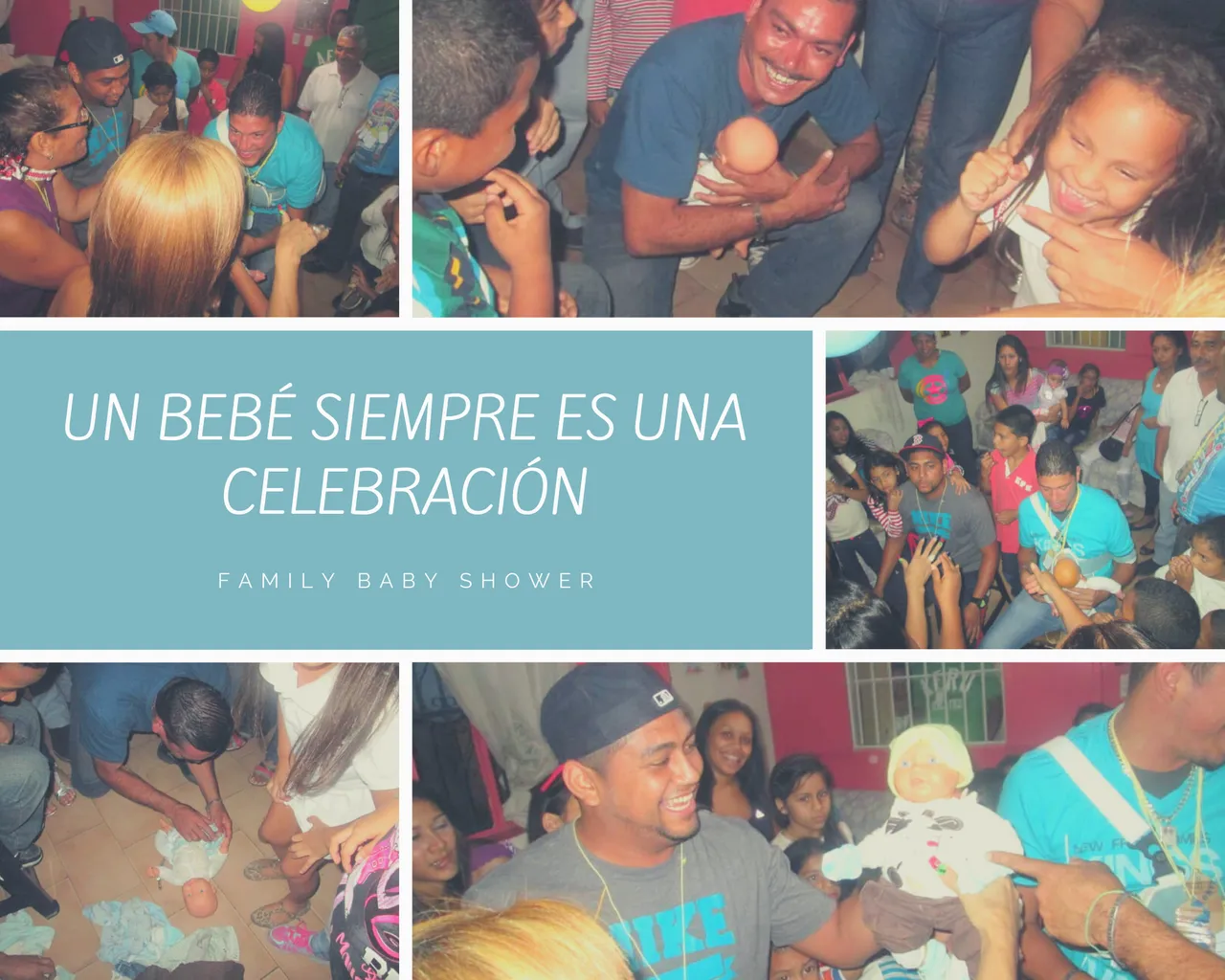
Among the games is the custom of bringing toy babies and several of the family members compete to see who is the fastest at putting on a cloth diaper and dressing the doll. There is also the famous game of "giving the bottle to the baby", which consists of two or more pairs of adults taking on the role of mother/father and the other the baby. Then these bottles are filled with a drink (some use beer), the one who plays the role of the baby sits on the legs of his partner in a position to take the bottle and the winner is the one who manages to drink all the contents faster.
Entre los juegos está la costumbre de llevar bebés de juguete y varios de los familiares compiten por ver quién es más veloz colocando un pañal de tela y vistiendo al muñeco. También está el famoso juego de “darle el biberón al bebé”, este consiste en que dos o más parejas de adultos deben tomar uno el rol de madre/padre y el otro el del bebé. Seguidamente estos biberones se llenan con alguna bebida (algunos utilizan cerveza), el que cumple el rol de bebé se sienta sobre las piernas de su pareja de juego en posición para tomar el biberón y gana el que logre tomar todo el contenido más rápido.

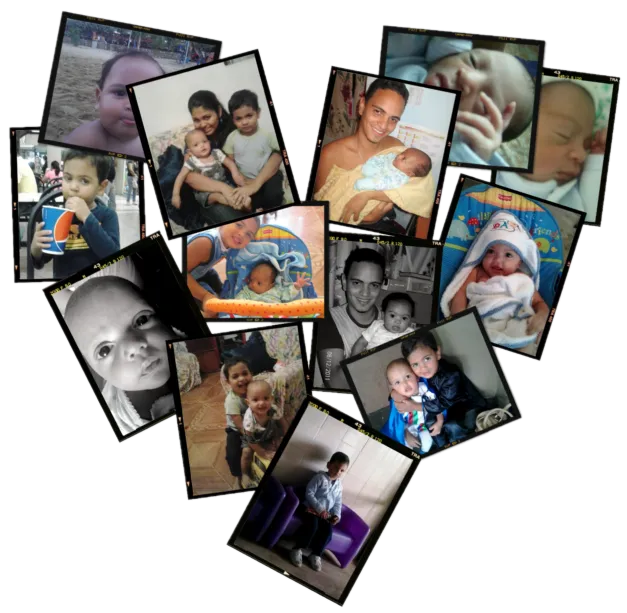
The main custom when a child is born, is to make a famous celebration that is called "Beber los miaos (urine) del niño ", don't be scared, nowadays this is not done as the name suggests.
This comes from the first time the child urinates and is a symbolic way (before it was not symbolic if they took urine seriously) to say "A child has come home". I will leave you with a post by user @eliorrios that explains very well what [Beberse los miaos] is about (@eliorrios/beberse-los-miaos).
The truth is that in Venezuela no opportunity is missed to celebrate and drink alcohol (no matter what), and if it is the arrival of a baby, even more so.
Depending on the religion of each family some customs will vary, in my case, I come from a Catholic family that a few days after the birth of a child a kind of ritual of "Echar el agua" (pouring water) is done. It is like a step before baptism, a candle is lit, salt is placed in a dish and a godfather and a godmother are assigned. Then a "rezandera" will make several prayers; to keep the child away from the dangers of evil spirits and the so-called "evil eye", until he/she can be baptized by the church.
La principal costumbre al nacer un niño, es realizar una famosa celebración que se le llama “Beber los miaos (orina) del niño”, no se asuste, hoy día eso no se hace como lo da a pensar el nombre.
Esto provine de la primera vez que el niño orina, y es una forma simbólica (antes no era simbólico, si se tomaban la orina en serio) de decir “Ha llegado un niño a casa”. Les dejaré una publicación del usuario @eliorrios que explica muy bien de que trata Beberse los miaos.
La verdad es que en Venezuela no se pierde ninguna oportunidad para celebrar y beber alcohol (sin importar cuál), y si se trata de la llegada de un bebé, aún más.
Según la religión de cada familia variarán algunas costumbres, en mi caso provengo de una familia católica que a los días de nacido un niño se hace una especie de ritual de “Echar el agua”. Es como un paso previo al bautismo, se enciende una vela, se coloca sal en un plato y se le asigna un padrino y una madrina. Luego una rezandera hará varias oraciones; esto con la intención de mantener al niño lejos de los peligros por influencia de malos espíritus y el llamado “mal de ojo”, hasta que pueda ser bautizado por la iglesia.

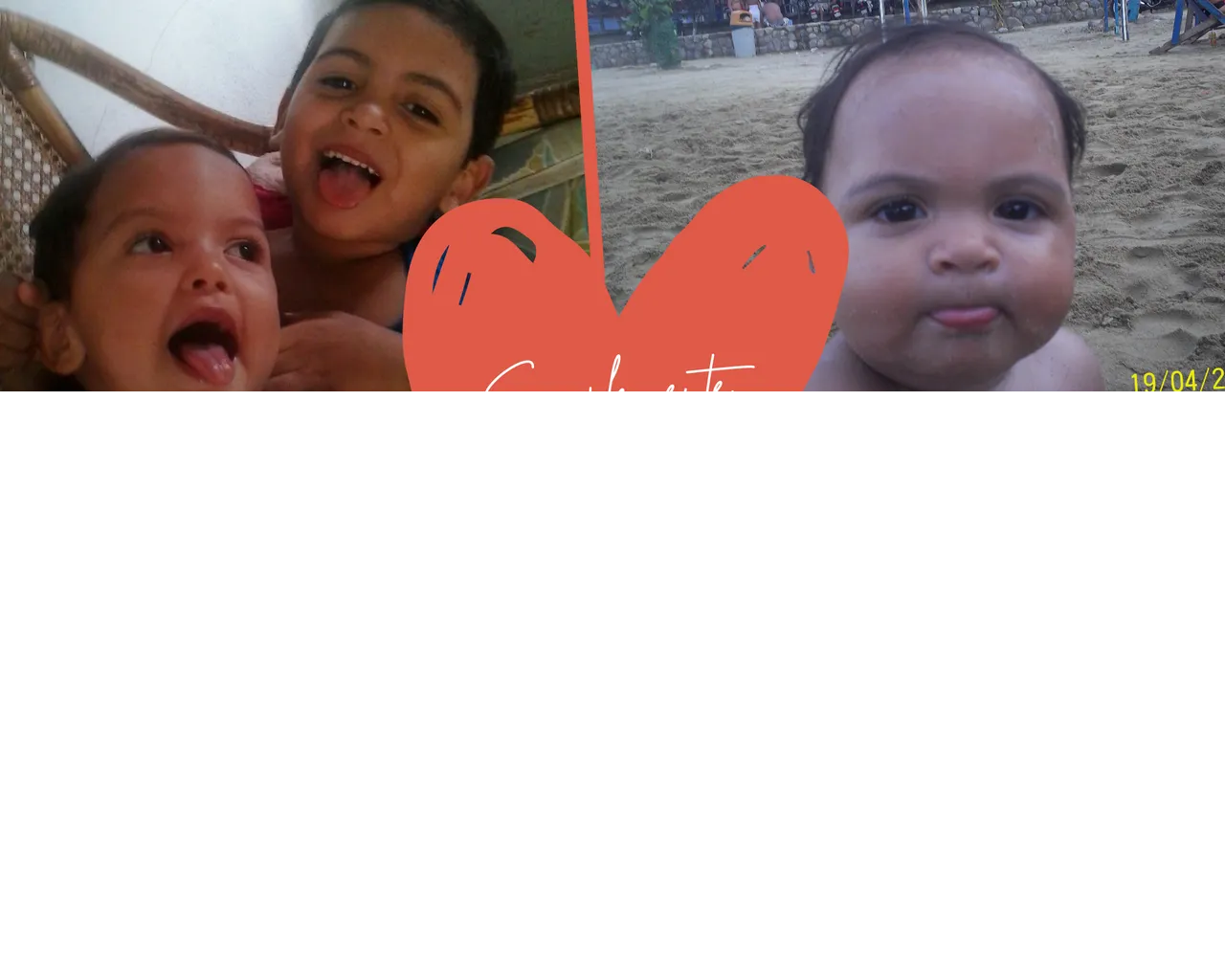
I confess that while I was looking for the photos to make the collages for this publication, I felt an immense nostalgia. I had several years without reviewing my gallery in-depth, and although I would have loved to put the thousands of photos I have for ten years with my babies, select some that bring me beautiful memories.
Les confieso que mientras buscaba las fotos para realizar los collages de esta publicación me entró una inmensa nostalgia, tenía varios años sin revisar mi galería de manera profunda y aunque me hubiese encantado poner los miles de fotos que tengo desde hace diez años con mis bebés, seleccione algunas que me traen hermosos recuerdos.
A BABY NAME || UN NOMBRE PARA EL BEBÉ
Possibly there is no culture in these times, in the selection of the name of the newborn. I know from my grandmothers that until the last century names were often chosen according to the day of birth. There was a kind of magazine that proposed names daily related to specific days and many people used them as a reference as well as the use of names according to the day of the saint to be celebrated. For example, if the child was born on the day of the Virgin of Carmen, the name "Carmen" was used in its composition.
Nowadays, many people use to combine different names of beloved relatives to assign a unique name to the baby and to be linked to those special people. In the case of choosing the name of my children we always think about their psychological health (children at school are often very cruel creating nicknames and making fun of strange names), at the same time that it will represent something. My oldest son's name is Edicson Sebastian, when choosing we thought of these two and the first one with a brief modification of the expected, Edicson for the inventor of the light bulb (Thomas Alva Edison), but we added a "c" between the "i" and the "s" for his grandfather who is called Dixon and just because the "x" in its pronunciation sounds like a "c". Sebastian for Johann Sebastian Bach (German Baroque musician and composer).
In the case of our second son and at the insistence of my wife, we decided to call him César (like me), and we looked for a name that would give him his personality and would combine well with this name and we chose "Ignacio" (Nacho as we call him by affection).
Posiblemente no exista en estos tiempos, una cultura en la selección del nombre del recién nacido. Tengo conocimiento por mis abuelas, que hasta el siglo pasado los nombres muchas veces eran escogidos según el día del nacimiento. Existía una especie revista que proponía nombres diariamente relacionados con los días específicos y muchas personas las usaban como referencia así como el uso de nombres según el día del santo que se celebre. Por poner un ejemplo, si el niño nacía el día de la Virgen del Carmen, se utilizaba el nombre “Carmen” en su composición.
Hoy en día muchas personas suelen combinar diferentes nombres de familiares queridos para que de este modo, asignar un nombre único al bebé y vaya ligado a esas personas especiales. En el caso de escoger el nombre de mis hijos siempre pensamos en su salud psicológica (los niños en la escuela suelen ser muy crueles creando apodos y burlándose de nombres extraños), al mismo tiempo que este representara algo. El nombre de mi hijo mayor es Edicson Sebastian, a la hora de elegir pensamos en estos dos y el primero con una breve modificación de lo esperado, Edicson por el inventor de la bombilla (Thomas Alva Edison), pero agregamos una “c” entre la “i” y la “s” por su abuelo que se llama Dixon y solo porque la “x” en su pronunciación suena como una “c”. Sebastian por Johann Sebastian Bach (músico y compositor alemán del barroco).
Ya en el caso de nuestro segundo hijo y por insistencia de mi esposa, decidimos llamarlo César (como yo), y buscamos un nombre que le aportara personalidad propia y combinara bien con este nombre y nos decantamos por “Ignacio” (Nacho como le decimos por cariño).

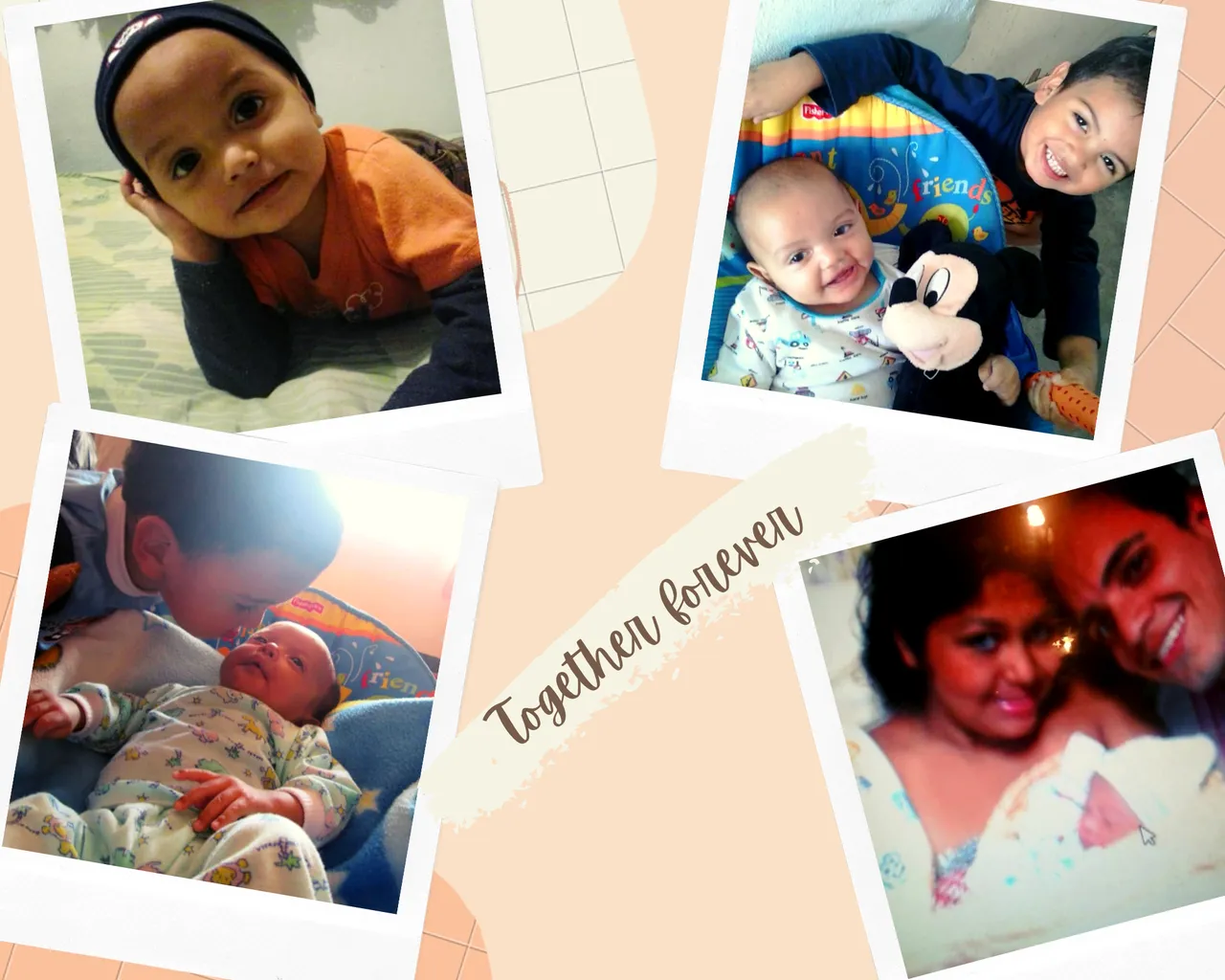
I hope you liked my publication and if in any way you want to contribute to this one, you can leave it in the comments. In the same way, I invite you to participate in this initiative, I would love to know how you celebrate according to your culture the arrival of a child.
I would like to make a direct invitation to my friends @actioncats, @mercmarg, and @mayllerlys to participate.
Espero les haya gustado mi publicación y si de algún modo quieres contribuir con esta, puedes dejarlo en los comentarios. Del mismo modo los invito a participar en esta iniciativa, me encantaría saber como celebran según tu cultura la llegada de un niño.
Me gustaría hacer una invitación directa a participar a mis amigas @actioncats, @mercmarg y @mayllerlys.
All the collages were made in Canva using photos that belong to me. The second image that belongs to the contest is from @crossculture.
The separator used and many others are available by clicking here and its use is free to distribute, many are great I recommend them.
Todos los collage fueron hechos en Canva usando fotos que me pertenecen. la segunda imágen que pertenece al concurso es de @crossculture.
El separador usado y muchos otros están disponible haciendo clic aquí y su uso es de libre distribución, hay muchos que son realmente geniales se los recomiendo.

Hop into our Discord Chat and subscribe to the Hive Cross Culture community.
¿Quieres aprender más sobre los comentarios y su importancia?
Visita la etiqueta #hivecomments y vuélvete un experto.
Discord Chat
Usamos Hive Vote para configurar nuestro trail de curación.

Vote @mahdiyari as a witness. You can read about why to vote him as a witness here.

Your support helps me to keep going, follow me on my social networks.



Visita la etiqueta #hivecomments y vuélvete un experto.
Usamos Hive Vote para configurar nuestro trail de curación.






